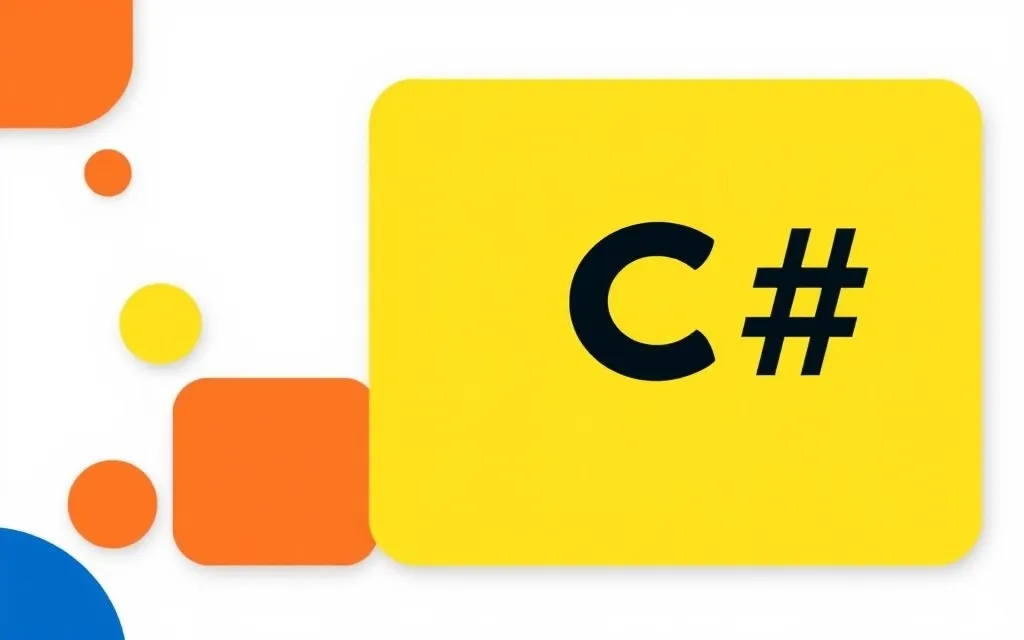In the dynamic realm of software engineering, particularly with the versatile C# language, a profound understanding of data types and variables is foundational. As systems grow increasingly complex, having a solid grasp of these concepts is essential for developers aiming to write efficient, reliable, and maintainable code. This in-depth guide elucidates the details of C# data types and variables, catering to aspiring and experienced programmers alike.
Navigating the World of C# Data Types and Variables
At the heart of C# programming lie variables—a crucial construct representing storage locations with symbolic names, housing a specific value. Coupled with these are data types, which classify data into predefined categories, helping the compiler interpret how we intend to use the data. Mastering C# data types dramatically enhances your ability to employ variables effectively in your codebases.
Decoding C#: Fundamental Data Types Simplified
C# boasts numerous built-in data types, each designed for particular tasks:
- Integer Types: Types like
int,byte, andlongare employed for whole numbers, differing in the number of bytes they occupy and thus, the range of numbers they encompass. - Floating Point Types: With
floatanddouble, these types are ideal for numbers with decimals. They differ in storage precision and size. - Boolean Type: Represented by
bool, this signifies a simple true or false value. - Character & String Types: Using the
chartype for single characters andstringfor immutable sequences or text, these types handle character data effectively. - Object Type: As a universal base type,
objectis the foundational class from which all other data types derive.
C#, with its strong type system, mandates the explicit definition of variables along with their data types, ensuring type safety and optimizing performance.
Unveiling C# Variable Dynamics: Scope, Lifetime, and Constancy
Every C# variable has a defined scope and lifetime, determining its reach and duration. Local variables, declared inside methods, expire with the method execution, while class-level variables persist longer, maintaining their state across method calls.
- Constants and Read-only Variables: By using
const, you establish data that remains unchanged during compile time, whilereadonlyallows setting during declaration or within a constructor, preventing accidental changes.
Defeating the Null Reference Monster
Handling null values astutely is crucial to dodge infamous null reference exceptions. Utilizing operators like null-conditional (?.), null-coalescing (??), and null-forgiving (!) allows writing robust code that gracefully manages null scenarios. Adopting careful handling strategies is vital for crafting resilient applications.
Exploring Static Members and Anonymous Types
Static members, highlighted by the static keyword, exist at the class level and are indispensable for operations applying globally within a class rather than on individual instances. The static constructor effectively initializes these members on their first use.
Anonymous types provide a compact, on-the-fly method for grouping properties into a single object, pivotal for tasks like structuring data in LINQ queries. However, their use is restricted to the defining method, serving specific contexts within the method scope.
Constructing Solid Foundations with C# Constructors
Understanding constructors is key in C#. They are special methods vital for creating objects. From default to parameterized, each constructor type serves distinct purposes, while static constructors focus on initializing class-wide states efficiently.
Building a Strong C# Foundation
Mastering data types and variables in C# is crucial for the robust development of software applications. This understanding supports efficient coding practices and bolsters the software's security and reliability across diverse functionalities. As you advance in your programming endeavors or refine existing skills, treat this guide as a valuable resource, and contemplate sharing your insights or experiences with peers. What intriguing challenges have you overcome using these fundamentals?

